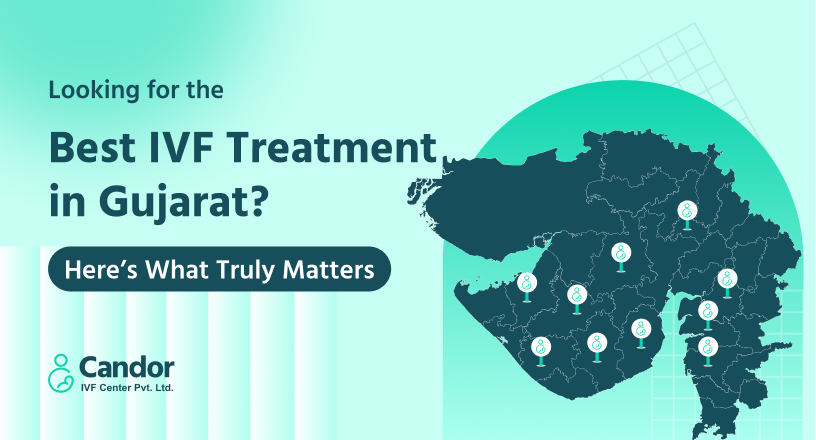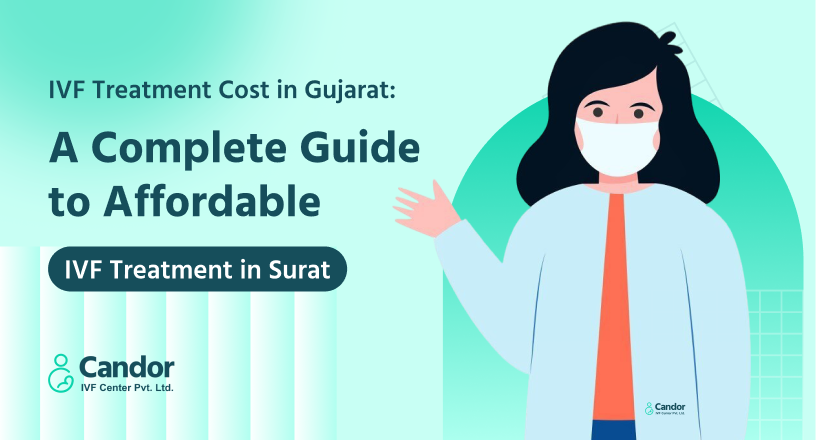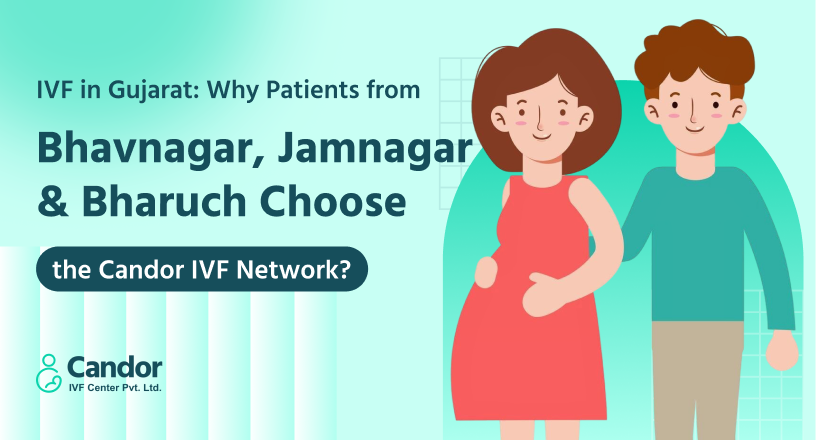PCOD stands for Polycystic ovarian disease, and PCOS stands for polycystic ovarian syndrome. In this article, we can understand the fundamental difference between PCOD and PCOS and their symptoms, causes, Diagnosis, and treatment to simplify the problem.
Let us understand the main factors of PCOD and PCOS in detail so that you can understand the difference between PCOD and PCOS.
What is PCOD?
PCOD is commonly known as polycystic ovarian disease. It is a condition that prevents the normal functioning of the ovaries. It occurs when ovaries produce eggs that may be partially or fully mature due to the formation of cysts over time. As we know, cysts are tiny. They are enough to disrupt the hormonal balance, resulting in symptoms affecting the menstrual cycle, fertility, and overall well-being.
Due to the formation of cysts, ovaries become large and secrete large amounts of male hormones, which cause infertility problems, irregular periods and other health issues.
What is PCOS?
PCOS is commonly known as polycystic ovary syndrome. It is a common hormonal disorder that affects ovaries during their reproductive years. It is also a metabolic condition that typically affects women between 12 and 51. Usually, it occurs because of the excess increment level of male hormones, which causes females to skip the menstrual period.
PCOS is also known as a severe medical condition; it also requires proper medical attention or surgical attention. It also causes some other health issues like diabetes and heart disease.
Key Differences between PCOD vs. PCOS
PCOD and PCOS are diseases that occur in the reproductive years. Understanding their symptoms, causes, and treatments is essential to raising awareness of this disease. This article can help us know its vital causes and symptoms.
PCOD:
It is a type of hormonal imbalance where elevated levels of androgen disrupt the other levels of hormones.
It affects female fertility, and with medication and lifestyle modifications, she can become pregnant. In comparison to PCOS, PCOD produces fewer masculine hormones, and its symptoms are less common and less noticeable.
PCOS:
It is a more severe condition in which there is an excess of cyst formation due to ovaries producing a high amount of male hormones. It can also lead to high blood pressure, type 2 diabetes, heart condition, and advanced endometrial cancer.
It is essential to keep in mind that women suffering from PCOS may also require infertility treatment and active treatment protocols to manage their health disorders.
Symptoms of PCOD and PCOS
Symptoms of PCOD
- Irregular Menstrual period
- Excessive amount of hair growth
- Acne
- Suffer from female infertility issues.
Symptoms of PCOS
- Facing issues related to irregular or absent menstrual cycles.
- Excessive amount of hair growth in the facial, chest, and abdomen.
- Acne
- Excessive formation of cysts
Causes of PCOD and PCOS
PCOD/PCOS can occur due to a combination of factors, which also include genetic history and lifestyle. It cannot happen due to one factor. It can occur due to genes, Insulin, metabolism, and hormonal issues. Some aspects are given below, which is essential to understand the cause of PCOD/PCOS.
- Hormonal imbalance: Hormonal imbalance may potentially contribute to PCOD.
- Genetics: PCOD/PCOS also have genetic components that are present in multiple generations within a family.
- Overproduction of Insulin: Insulin is also called a hormone created by the pancreas and helps regulate the body’s metabolism and blood sugar level. The high amount of Insulin is also a cause of the development of PCOD/PCOS.
- Sedentary Lifecycle: If there is no occurrence of physical activity, it also increases the risk of PCOD and PCOS
- High effect of androgen: it is commonly known as a male hormone. It can result in symptoms such as excessive facial and body hair, acne breakouts, and skin issues.
Diagnosis of PCOD and PCOS
Recognizing the issue of PCOD/PCOS is very crucial. It is essential to address concerns related to PCOD. To begin the diagnosis process, the gynecologist will conduct a physical assessment and gather the details about your symptoms.
Subsequently, the doctor might suggest various examinations such as blood tests to assess hormone levels, blood sugar, Insulin, and cholesterol, along with a pelvic ultrasound to identify ovarian cysts and measure the uterine lining.
Treatment for PCOD/PCOS
The cause of PCOS/PCOD is not entirely understood, but it is essential to involve a mix of hormonal imbalance, genetic factors, and lifestyle adjustments. Treating for PCOS/PCOD or finding a solution for PCOD and PCOS involves a holistic approach that deals with underlying hormonal imbalance, addresses symptoms, and promotes overall health and well-being.
There are several measures that can aid in treating PCOS/PCOD or providing a solution for PCOD problems
- Regular physical activity has been proven to enhance insulin insensitivity, regulate menstrual cycles, and help us decrease androgen levels.
- A balanced diet includes whole grains, lean protein sources, fruits, and vegetables.
- It is important to regularly consult with medical professionals to monitor hormone levels, assess the efficacy of PCOD treatment, and help make any adjustments as needed to minimize the risk.
Conclusion
If we conclude the article, PCOD and PCOS are very complex hormonal issues that also impact fertility and overall well-being. Awareness of signs, symptoms, causes, and early treatment options for these conditions is also crucial.
Suppose you suspect any signs or symptoms of PCOD or PCOS. Consulting a gynecologist for an accurate diagnosis and tailored plan to address PCOD is essential. Identifying the symptoms of PCOD and PCOS is the first step to understanding the complexities of this condition. If you have any queries related to PCOD/PCOS, then you can contact Candor IVF.
FAQ
Which is more serious, PCOS or PCOD?
As it is considered PCOS is generally considered more severe than PCOD. PCOS is a hormonal disorder that is associated with several health problems, such as insulin resistance, diabetes, heart disease, and fertility challenges. In contrast, PCOD is primarily caused by the presence of ovarian cysts. PCOS involves more significant long-term health risks and is often less severe.
Can a woman get pregnant when she has PCOD?
It’s true that women with PCOD can conceive, although their irregular ovulation may provide difficulties. With medication, fertility treatments, or lifestyle changes, women can become pregnant. To increase their chances of getting pregnant, she should collaborate with a healthcare professional.
How to cure PCOS permanently?
PCOS is a disease that cannot be cured permanently. It can be managed effectively through lifestyle changes, medications, and medical interventions.








